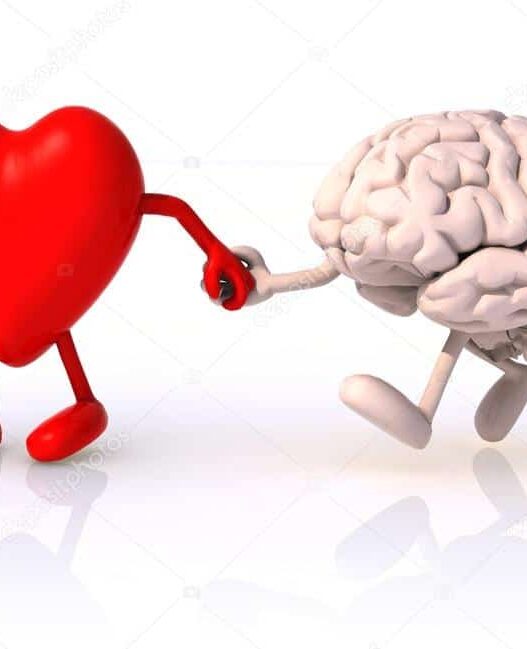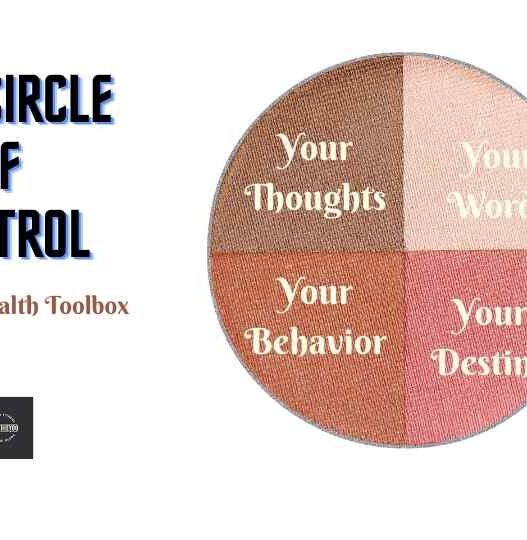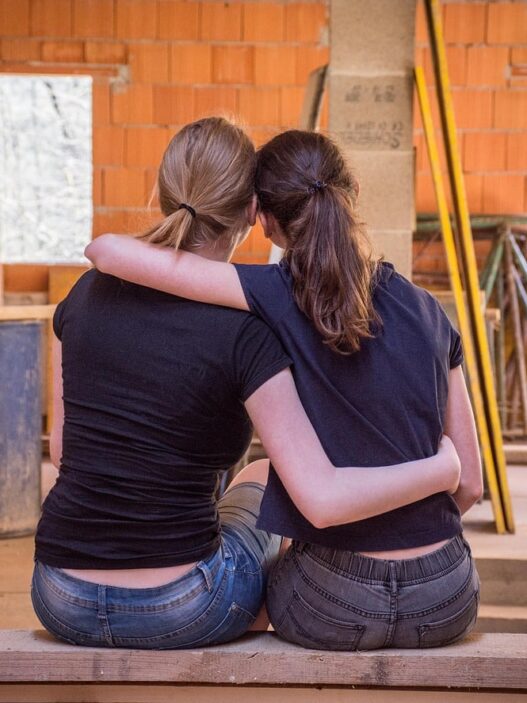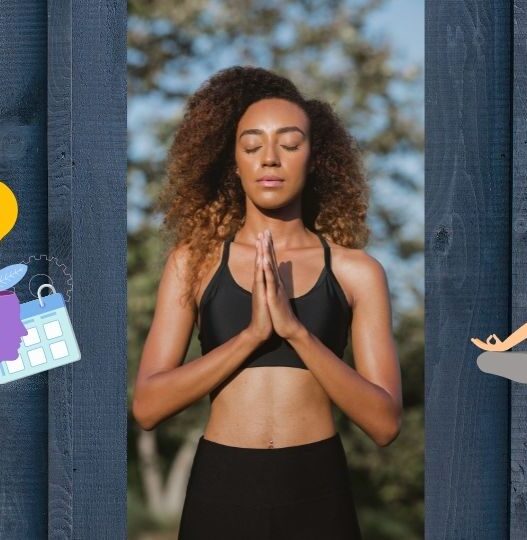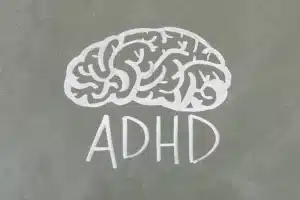Each day I remind myself and others that there can never be one single mental health tool that will help us manage our mental health. If we rely on or anticipate that the same tool will help reduce our symptoms time and time again, we are setting ourselves up for disappointment, setbacks, and failure. The process of building our mental health toolbox can be an exciting adventure, learning what works for us, new ways of inventing ourselves, diversionary activities, leisure activities, and hobbies or interests that we never knew lit a fire inside of us and made us feel happy. If we aren’t learning, then we are not living.
“Education is the most powerful weapon which you can use to change the world.”
Nelson Mandela
The Pliers – Mental Health Toolbox
The Pliers is a versatile tool with multiple purposes, used to grip objects, tighten, loosen, stabilize, or remove things. The Pliers remind me of my brother-in-law Josh. He is versatile, resilient, and dependable. Josh is there to help in any situation, no questions asked. He will work hard and laugh alongside you. The pliers are essential for diversionary activities, leisure activities, and the ability to be creative.
Through anxiety, stress, lack of motivation, feelings of depression, or isolation; the following items are critical parts of the mental health toolbox, in hopes of calming, inspiring, and building important social supports.
Diversionary Activities
Diversionary activities are used to divert your attention from things that are less desirable or stressful to manage. Examples of diversionary activities are crafts, puzzles, gardening, writing, art, drawing, listening to music, reading, listening to podcasts, reading blogs, dancing, cooking, exercising, going for a walk, volunteering, joining a sports league, or any hobby/interest that you may enjoy pursuing. These diversionary activities are important because they can be used in many scenarios, such as being pulled out of a slump, an anxious situation, a sad day, or simply at a time when you feel motivated and inspired.

Take out your mental health toolbox. Whether this is a notebook or an actual box, start writing down activities that bring you joy. It’s important to write them and see them so that when you pull out your mental health toolbox, you can be reminded of the things you can try in hopes of reducing your symptoms and getting you back on track.
Leisure Activities as Diversionary Activities
Leisure or diversionary activities are chosen for pleasure, relaxation, or other emotional satisfaction, typically done after work or other responsibilities. Leisure activities can also be pursued as diversionary activities to divert your mind from stress to the activities you enjoy.
Leisure/ diversionary activities can also include napping, sports, music, and exercising. Any pastime that can get you moving in a direction of relaxation and refreshing. Leisure time and diversionary activities are important to allow you an opportunity to unplug from your everyday responsibilities and encourage you to tap into your creative side as well. By following these diversionary and/or leisure activities, we are increasing our endorphins and serotonin levels, naturally helping us combat symptoms of depression and anxiety.

Why are diversionary activities important?
At times, we can get caught up in the hustle and bustle of life, kids, work, appointments, and expectations. We can also get caught up in anxiety, low moods, negative thoughts, suicidal ideations, worrying, numbness, and hopelessness. Then comes the role of this important mental health toolbox. Diversionary activities are put in place to separate us from our symptoms and move in a direction of relief.
When we don’t slow down or allow ourselves the opportunity to regroup, we get burnt out and ultimately our mental health starts to decline. We must line our mental health toolbox with diversionary and/or leisure activities that make us smile, fills our heart, and creates a new connection with peace inside ourselves.
Be the Plier
Like the pliers, it’s important to be versatile and resilient. Remember no single mental health toolbox is going to work for all the stressors, symptoms, or situations that arise in our life. The more mental health tools we can arm ourselves with, the less impact we will feel when things just aren’t right.
The Questions
Are your mental health symptoms consuming your daily thoughts and actions? Take a look at your leisure activities, when was the last time you did something that made you smile? When is the last time you enjoyed a hobby? Completed a craft? Danced silly or listened to some good soul-moving tunes? If you don’t remember the last time you did something fun, today is the day to set that time aside and make it happen! Are you diverting yourself from a stressful environment by following diversionary activities?
Start writing down the diversionary activities you will use to make those changes and practice them weekly. The more you prioritize that time, the more you will notice the differences in your everyday moods and motivation.
Follow Healthieyoo’s Mental Health Page for updates on Mental Health Toolbox!

Rebecca (Becky) Schmitz is an Executive Director of Vikingsland Community Support Program at Minnesota, United States serving those with mental illness in the community providing Adult Mental Health Rehabilitative Services. She has been active in the mental health field for 15+ years. Through trial and error with consumers along with her own challenges in life, her passion is to spread information and hope to everyone.




